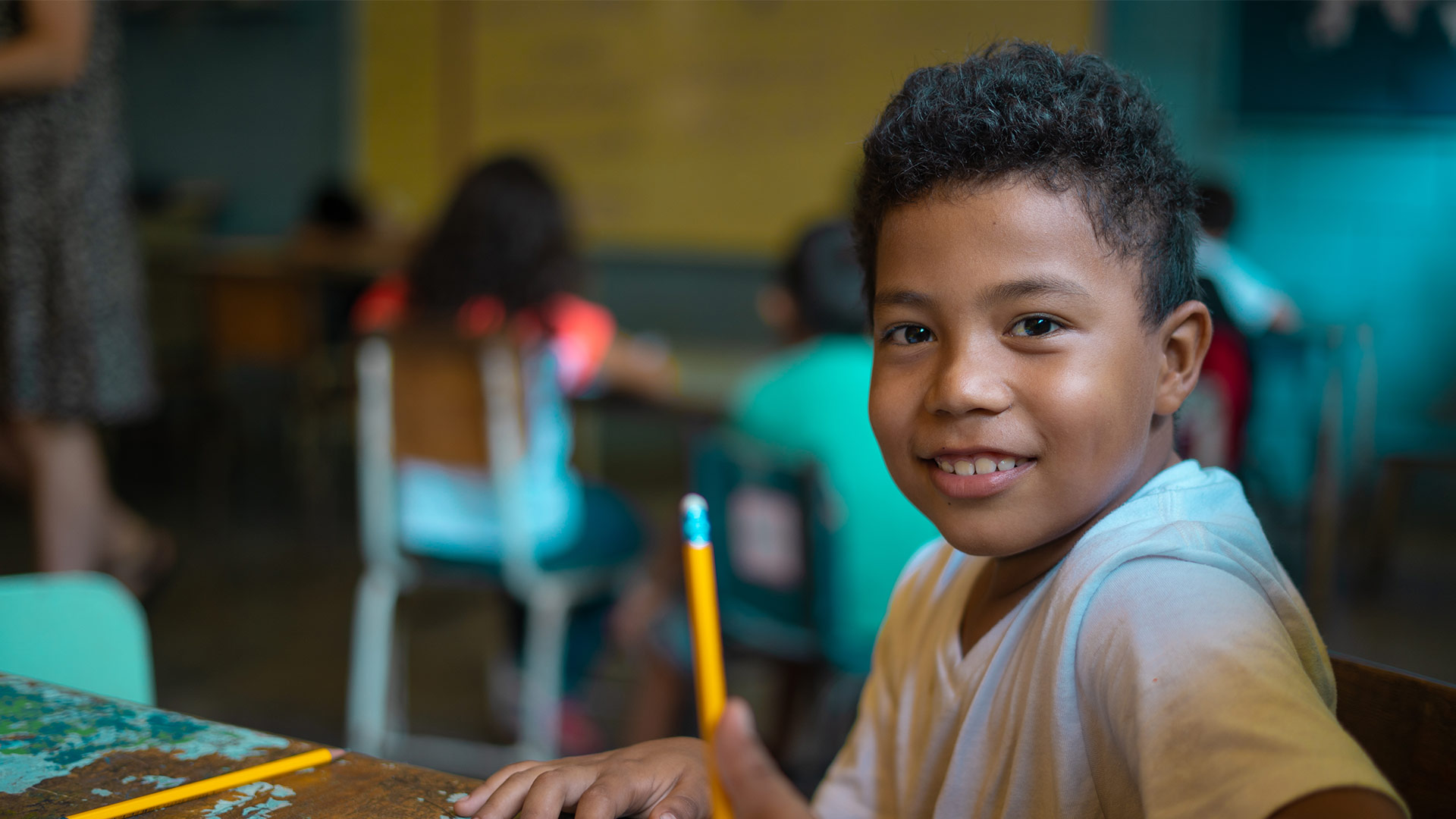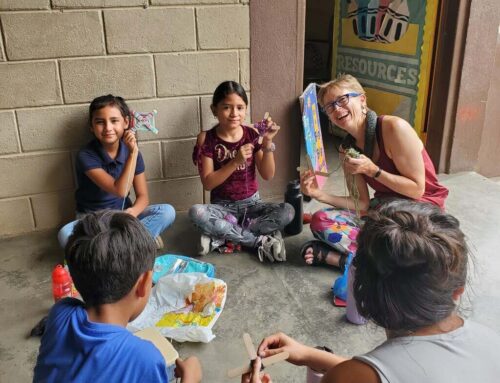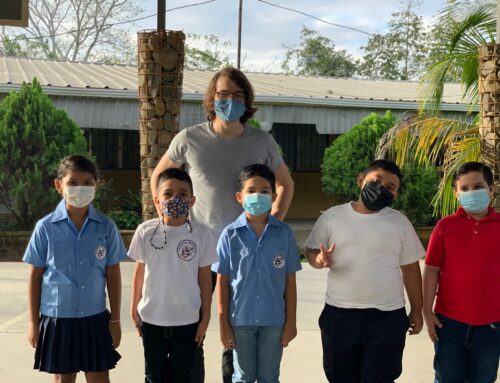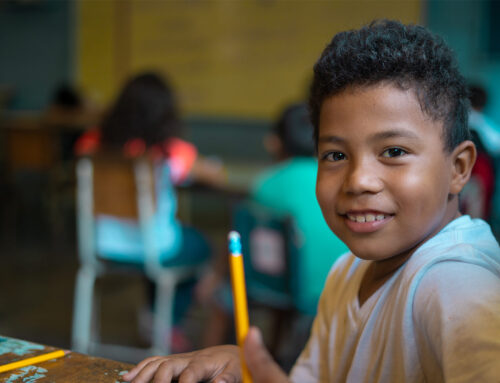Early in the school year I was struck by a curious habit of one of my students. I will call her Carolina. I could tell right away Carolina was one of the brightest children in our class. Her writing was colorful and creative, and her vocabulary was far larger than the average 4th grader. There was just one catch: she didn’t talk. Not to her classmates, not to other teachers, not to me. She would smile, giggle, and point when called on, but I never heard a peep from her. I was told this had been happening since Kinder, but that she was talkative around her family. But for some reason, at school, her lips were mysteriously sealed. I learned to adapt to Carolina’s silence. Instead of giving the answer to a math problem, she would write it on the board. Instead of orally presenting her work, I would make copies of her final draft and she would hand them out.
One day in early November Carolina handed me a note asking if I would like to eat dinner at her house. I hopped on her busito after school and we spent the afternoon playing in the backyard with Carolina and her cousins. At first she didn’t say a word. But as the afternoon went on, I started hearing little peeps. To my surprise, she began responding to my questions with ever-so-quiet one-word answers. By dinnertime, we were actually have conversations! This was the first time I had heard Carolina’s voice in the three months I had known her. Not to my surprise, her speaking was as impressive as her writing.
After lunch, she invited me to a tea party with her favorite stuffed animals, and the floodgates burst. Before I knew what was happening she was jumping around on the furniture, singing, laughing, joking, and bombarding me with questions. It was a whole different Carolina. From that day forward, she has never had a problem speaking in class. Her classmates were pleasantly surprised and her parents were overjoyed. Often times as a teacher, it is the small victories that are the most rewarding.








